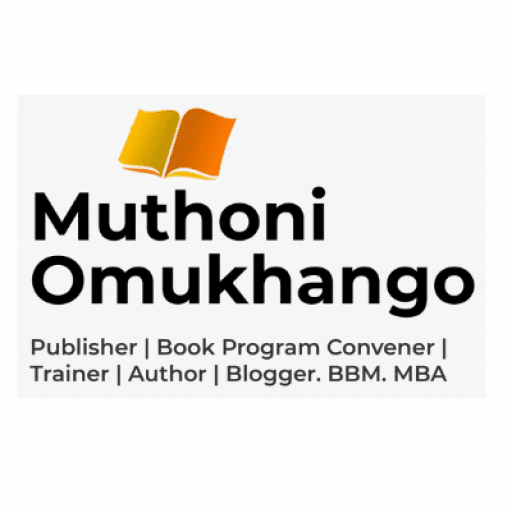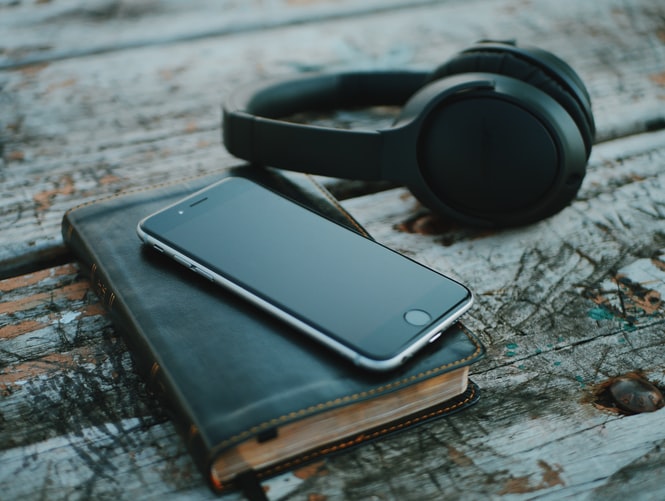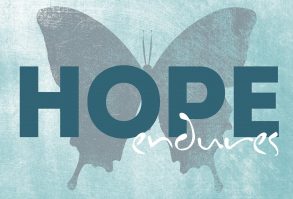By Paul Macharia
An audiobook (or talking book) is a recording of a book or other work being read aloud. The term sounds new audiobooks are not as new as some think their origins started in the 1930’s when spoken word artists began to record their poetic work and soon audio reading of major classic books were being recorded and being made available in the libraries of some of the leading universities of the world.
In more recent times audiobooks have been distributed on any audio format available, but primarily these are records, cassette tapes, CDs, MP3 CDs, downloadable digital formats (e.g., MP3 (.mp3), Windows Media Audio (.wma), Advanced Audio Coding (.aac)), and solid state preloaded digital devices in which the audio content is preloaded and sold together with a hardware device.
Not all audiobooks are created equal. Abridged audiobooks are shortened and modified for better listening experience. Unabridged audiobooks, however, are being read as they have been written, word by word. Most platforms however pride themselves in doing unabridged audiobooks.
More often than not some have confused the audiobooks with a podcast.
Whereas a podcast is always episodic, meaning that it’s broken into successive episodes that are released on some kind of schedule, which is typically once a day, week, or month. The content itself can be whatever you want it to be — interviews, roundtables, news, advice, etc. — and this is why podcasts are often seen as “on-demand radio shows”. Most notably, you can subscribe to podcasts and get new episodes pushed to you as they’re made available.
An audiobook is a very specific type of content: singular recordings of pre-existing text. In other words, 99 percent of the time, an audiobook will also be available in non-audio form(the actual physical book), and this is true whether it’s a novel, textbook, essay, etc. Audiobooks are never released in episodic chunks, meaning you can’t subscribe to an audiobook like you can with a podcast.
In most mobile devices audiobooks can either be streamed or downloaded. The advantage of stream is usually that one does not need a storage space while the disadvantage is that it costs more on Internet charges due to the data usage every time one listens to the reading. The downloaded format may take some storage space but once the book is downloaded the listener can listen to it any time they choose to without the use of the internet.
For those who enjoy learning but have a hard time with physical books audiobooks are the best things seeing that they are designed to fit into other activities such, driving, running etc. Thus they are very convenient.
Some of the most common audiobooks platforms are:
Audible https://www.audible.com/
Downpour https://www.downpour.com/
Overdrive https://www.overdrive.com/
LibriVox https://librivox.org/
Many Librivox books are on YouTube and are accessible for free. They could be that they are rewarded by you-tube for attracting users who become the product.*
Finally audiobooks are a good venture as we look to the future of books. They are especially essential for those who aim to reach those who are blind or have visual ailments.
Are audio books work better for certain genres than others? E.g. children books, books that teach language etc but may not work so well for complex,scientific books?
Audio for kids’ books is a hit. Also many motivational books, faith based or not, do well on audio.
The younger generation is happy with audio, looking at the success of podcasts nowadays.
Unless your book has tables and figures and formulas, audio would work.
What’s the pricing model for an audio book?
Audio books can be expensive. Or let’s say initially expensive with some going twice or thrice the price of print copy or ebook. This is because of the costs involved in actual set up of the audio book. A company charged us like 100k to just do Washington’s book in 2018 which we declined. It was almost impossible to recover that spending.
However, with the advancement of technology, I see more platforms offering a way to turn your book into audio book (even at home). So the pricing model of x2 or x3 may not be sustainable in the future.
You can purchase a few books that came as a combo ie buy print copy or ebook, get audio free.
Are you aware of any local audiobooks? https://www.audible.com/pd/Greater-Than-a-Tourist-Nairobi-Kenya-Audiobook/B07BY7GD35
Are there any Kenyan audio books platforms?
PortableVoices https://m.bizcommunity.co.ke/Article/111/810/190608.html
Through its production division, PortableVoices Studios, PortableVoices works with: publishers, broadcasters, entertainers, magazine and newspaper publishers, and business information providers; to produce and sell high quality encrypted digital audiobooks, podcasts and radio dramas for athletes, busy professionals and the visually impaired.
The ambitions of the company going forward are to continue working with and supporting podcasters, authors and publishers to produce and distribute more podcasts, audiobooks and African audio entertainment.
Along with content creation, distribution is another cornerstone of PortableVoices needs to maximize content delivery, we are therefore investing in making of our own mobile app.






1 comments On The Future of Books – Audio Books
Pingback: Midwifery Series: Transform Your Life by Judy Owiti - Reflections By Muthoni Omukhango ()